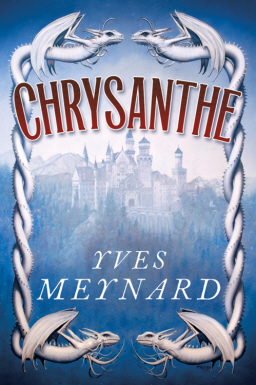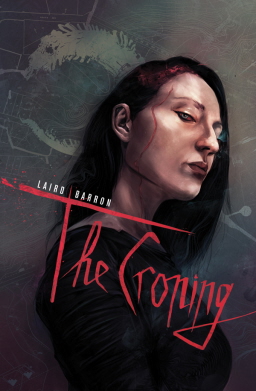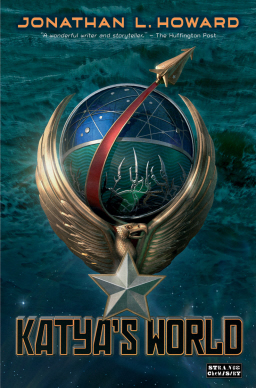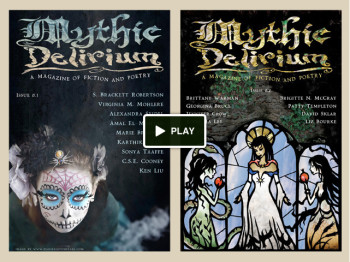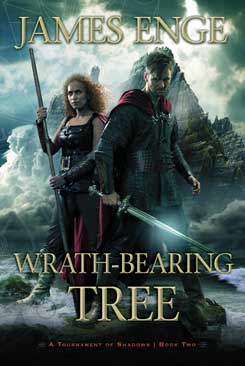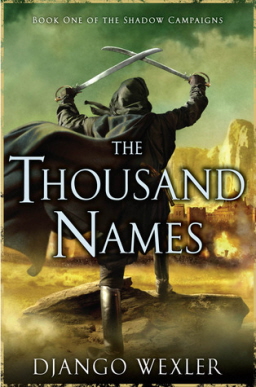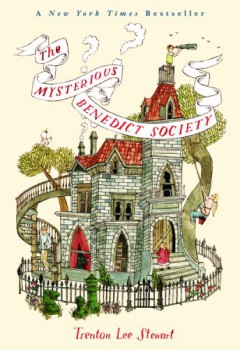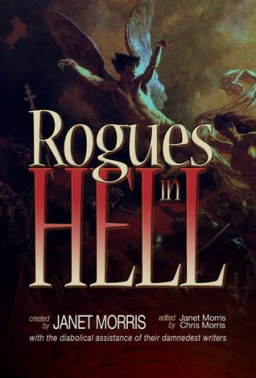Self-published Book Reviews: Some Thoughts After Half a Year

Back in November of last year, I offered to review self-published books for the Black Gate blog. As I said when I started:
Nowadays, it’s really easy to self-publish a book. However, it’s very, very hard to stand out in the crowd. For every author who breaks through, there are hundreds out there who do not. While many of these self-published books are deservedly unknown, I believe that there are self-published books out there that deserve more attention than they’re receiving, and I’d like to help them get it. So I’m offering to review one self-published fantasy book each month. Considering that there are hundreds or thousands published every day, I’m sure that this won’t even scratch the surface. So in order to help me find out which books I should be reviewing, and to give you the best opportunity to sell yourself, I’m going to set up a submission system.
Now that I’ve been doing these reviews for half a year, I thought that now would be a good time to look back and think about my approach. That and I was slow selecting a book to review last month.
When I first hung up a shingle offering to do reviews for Black Gate, I had a quite a few review requests, and it was a challenge just doing the minimum due diligence on them all. My technique consisted of reading the blurb, and if I thought that sounded interesting, reading the writing sample I requested. If I thought it was promising from that point, I’d mark it as a possibility. However, I didn’t request a copy of the book until I’d gone through all the requests, which gave me a chance to ask for the book I thought looked most promising.
